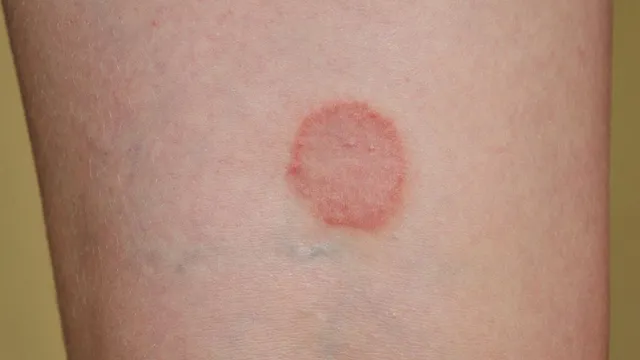- By Iram Hussain
- Mon, 23 Jun 2025 05:39 PM (IST)
- Source:JND
The humidity and wetness in the rainy season are the perfect breeding ground for fungal infections, particularly ringworm. Dermatophyte fungi which flourish best in hot, wet conditions such as damp clothes, poorly ventilated buildings and public baths are commonly observed in the monsoon season. Dermatophytosis like Tinea corporis (ringworm), Tinea pedis (athlete’s foot) and fungal infection of the nails become more prevalent in India during these months with dermatology clinics experiencing an evident spike.
In a conversation with Jagran English, Padmashri Dr. Mukesh Batra, Founder & Chairman Emeritus, Dr Batra’s, Healthcare explained why fungal infections spike during monsoon and how they can be prevented.
Why Fungal Infections Spike During Monsoon?
Ringworm, athlete’s foot and fungal infection of the nails are very infectious and transmitted by direct contact with the skin or by towel, sock, shoe and grooming tool sharing. Individuals with diabetes or weakened immunity are particularly susceptible.
ALSO READ: 5 Best Home Remedies To Cure Fungal Infections Quickly
Ringworm is a red, scaly circular rash with a clearer centre and severe itching. Left untreated, it will spread or become chronic. Temporary relief from over-the-counter antifungal creams is commonly experienced, although recurrence or even failure to treat the root cause is typical.
Homeopathy offers a safe, natural and effective treatment for fungal infections. Homeopathy treats the infection from the inside out by building the body's immunity. Medications such as Tellurium, Sepia and Sulphur are usually prescribed depending on the symptoms and medical history of the patient. Tellurium, for example, is effective on overlapping ring-like eruptions while Sulphur is effective when itching becomes worse with heat or by bathing. As the treatment strategy is customised, this enhances the longevity of the cure making it more specific and lasting.
ALSO READ: How To Prevent Fungal Infections In Summer? Doctor Shares Simple Tips To Stay Safe
Prevention Tips
Along with treatment, prevention is important during the monsoon. Showering at least once a day, drying the skin well, particularly in folds and wearing light, loose clothes, changing out of damp clothes promptly, and not sharing personal belongings. Applying the antifungal powder to the areas where sweat can assist in lowering the risk. Mild relief can be provided by natural remedies such as diluted tea tree oil or coconut oil and aloe vera to soothe irritated skin. However, it is advised to seek professional help to ensure holistic treatment plan and care.
Proper lifestyle hygiene coupled with holistic care can effectively handle the fungal infection and prevent it during rainy weather season.

